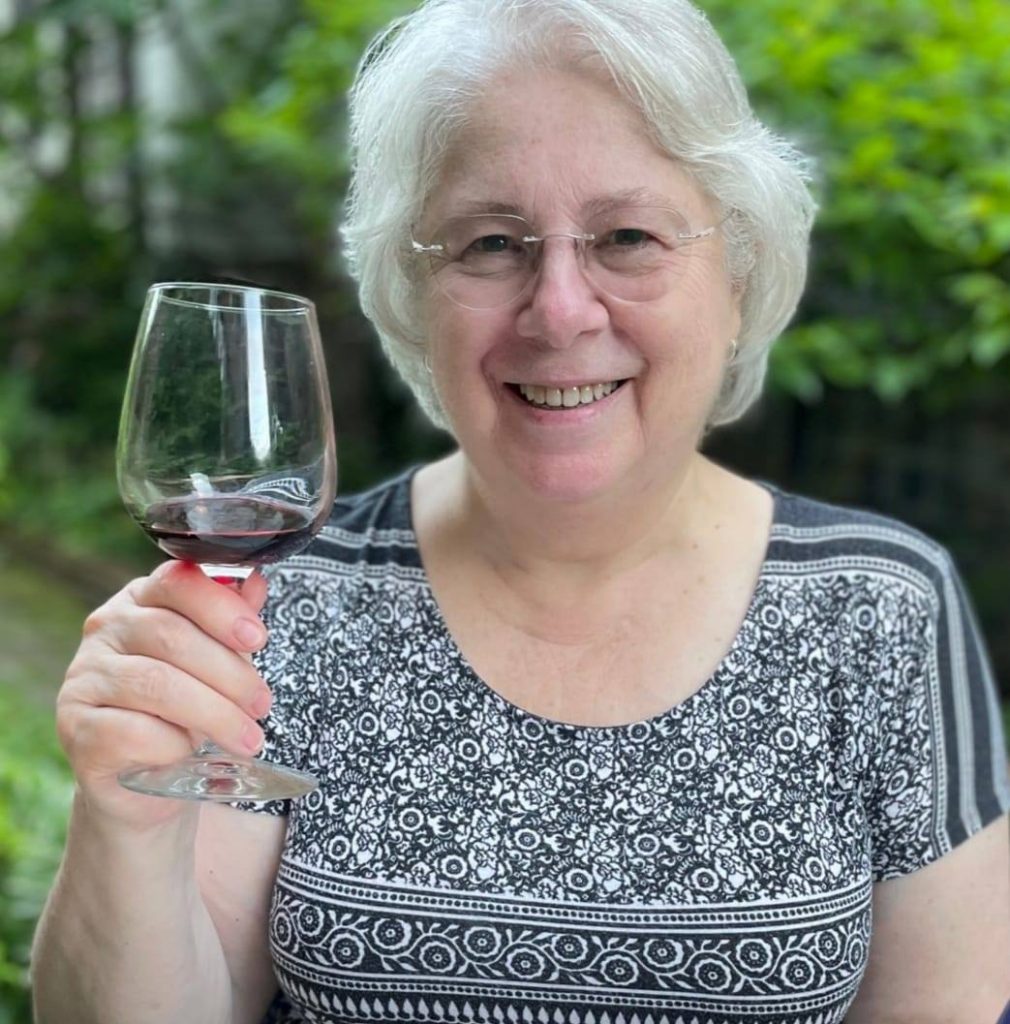This is part 2 of Marisa’s blog. To read part 1, click here.
Treating Cancer Without a Violent Spirit

Having established that cancer is not my enemy can I find a less antagonistic way to face cancer? A cancer diagnosis is a grave problem, for sure, a scary reality evoking a wide range of feelings that I must manage. If at all possible, it would be better for me – for a peaceful day, an appreciative life – if I could avoid harboring negative emotions like anger, hatred, contempt, anxiety, or even disrespect towards this disease. The alternatives are not fatalism or passivity. I know that awareness and action are required: at a minimum, an awareness of my body’s disease situation, and a willingness to proactively support the processes that lead to cancer suppression and restoration of health.
There is no question that treating a cancer unleashes intense life-death biochemical conflict within the body, as the defective cells are found and eliminated. Surgery, radiation, chemotherapy are all harsh forms of killing or removing cancer cells, and they often damage other healthy cells as collateral damage. The body is shocked and stressed and traumatized by many of these treatments. I personally am benefiting from newer approaches like immunotherapies that are somewhat less punishing, but the treatment regimen I’m on is still a major intervention in the life of the body. For incurable cancers like my own, a lifetime rhythm of treatment-remission-relapse-treatment cycles has to be expected and embraced. If I am lucky, the right treatments might yield a treasured time of regained health, even though it will be temporary in the big picture.
The hard work of suppressing or eliminating the cancer cells is worth real effort; it is the pathway to restoring health. In this strenuous and challenging dynamic, I personally don’t want to think of myself as a warrior, or as someone in a battle. That makes “me” – my conscious mind – an enemy commander against my own body. It makes inevitable the sense of a split, a taking of sides, a good side, and an evil side. But I am all of me – the things in me that work and the ones that don’t. While incurable cancer is truly a serious disease, it is not true that I am being personally hunted down. There are parts of me, like the mutated myeloma cells, that don’t contribute to the common good anymore, so they have to be found and removed. I have no problem with that approach. It is the use of scientific power, but without animosity or anger – an active but nonviolent response to the threat to my life.
I don’t hate the myeloma cells. I do fervently hope to banish this cancer for a good long time, but I don’t want to live from a stance of being a violent adversary to my own self or to others. I want to walk this cancer journey in peace with myself as a whole person, who appreciates the gift of a body, even its flaws, and weakness, and off-course parts. This desire is very important to me, a core of my spirituality and my view of life.
Yes, I’ll Do My Best to Stay Peaceful
Despite enormous strides in treatment, my cancer is not known to be curable. As far as we know, the myeloma will continue to mutate, and it will eventually arrive at a type for which there is no effective treatment. Someday – if I’m lucky, that “someday” will be years hence – I will be faced with a cancer that can no longer be controlled unless I die of something else first.
What this means to me is that the nonviolent attitude with which I would like to live with my cancer must also become the nonviolent attitude with which to befriend the reality of my eventual death. I am guessing that the gift of serenity in the face of mortality might be rare. My father had it. I hope I will, too.
In the meantime, I will stay the course here, doing my best to act diligently in cooperation with the treatment process. Instead of envisioning myself standing at the gates of my body-castle with lances bristling, I imagine myself setting up a safe, comfortable healing room within its walls. That is the place where the myeloma is being found and dismantled, the “m-spikes” are drawn down, the “light chains” disappear. (That’s Multiple Myeloma lingo.)
Instead of a stance of cold and armored rejection of anything to do with cancer, I hope to be able to maintain a posture of support, containment, and protection for my body as it metabolizes the chemo drugs and suppresses the cancer. I will do my best to encourage my body, cooperate with it, and I will wait as it works on my behalf. Not so much a warrior, but rather a faithful companion to my compromised body.
These are my reflections at a very early stage of a permanent new-normal for me; I can’t say what I will feel or think later. I hope I can retain a sense of openness, gratitude, and patience towards what life brings me, without being taken over too often with the unavoidable feelings of fear, grief, or anger. I am trying to assertively confront the problem that cancer represents as I go through treatment, while I do my best to navigate my cancer journey from a nonviolent and peaceful spirit. I don’t have any illusions that this will be easy, and I know it isn’t the path for everyone… but it does seem to be right for me.
Marisa Guerin, PhD, is retired from a career that spanned three phases: first, as Director of the national office for national Catholic youth ministry; second, as Vice President of Human Resources for a major international manufacturing company; and third, as President of her own consulting company, providing support to businesses and nonprofit organizations on issues related to management, strategy, and leadership. Marisa holds a doctorate in Human and Organizational Systems and served for five years on the Project Faculty of the Wharton Global Consulting Practicum. A native of the Philadelphia area, Marisa lives in West Philadelphia with her husband, Mike Sweeney. Marisa was diagnosed in August 2021 with Multiple Myeloma.

I love the way you think, Marisa. I have also been struggling with similar thoughts since my breast cancer diagnosis on 10/12. My prognosis isn’t the best at this point and I lost both my parents to cancer, not to mention my only son has stage 4 synovial sarcoma at age (now)19. I don’t want my cancer there, but it’s not intentionally killing me. I don’t want to personify it. I don’t think waging war will help. I will do what I can to destroy it, but hating it will not help, I do not think. So complicated these feelings. My Dad also faced mortality with serenity. That made it so much easier for all of us and I hope I can do the same, once I can no longer avoid it. In the meantime, my cancer is simply there and needs to be eradicated. It is not wanted.